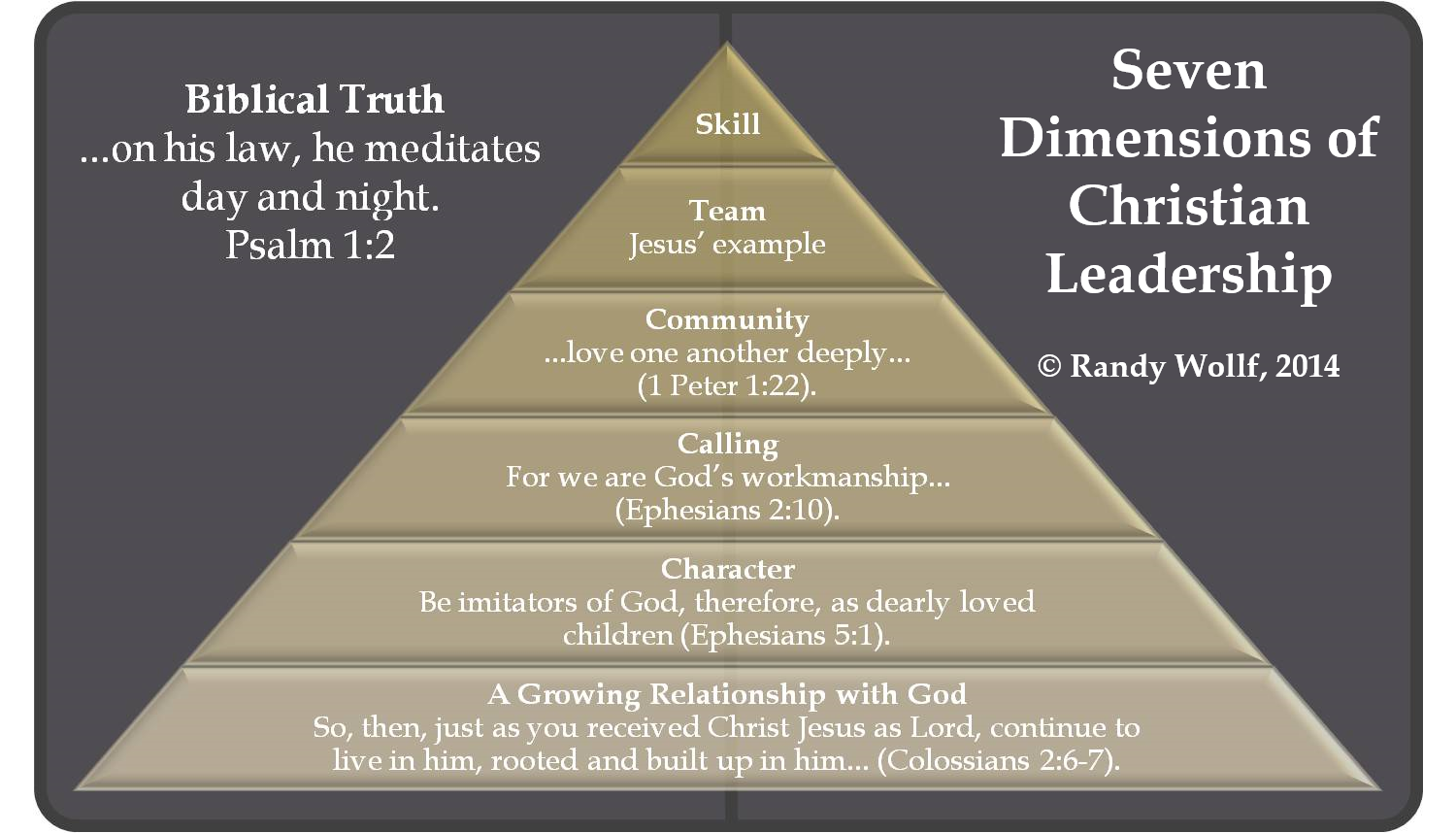How to Discern Your God-Given Call
 Understanding God's personal call is an important part of living fulfilled and productive lives as Christians (see Why Understanding Your Personal Calling is Important blog). Of course, Scripture describes God’s moral calling for every Christian―biblical principles guide us and help us know how we should live. Yet, it seems that God also has a more specific calling for each person―a job for them to do. Ephesians 2:10 says that we were created in Christ Jesus for good works which God prepared beforehand that we should walk in them. What "good works" does God want us to do in our lifetime? Let’s look at three steps for discerning God’s calling.
Understanding God's personal call is an important part of living fulfilled and productive lives as Christians (see Why Understanding Your Personal Calling is Important blog). Of course, Scripture describes God’s moral calling for every Christian―biblical principles guide us and help us know how we should live. Yet, it seems that God also has a more specific calling for each person―a job for them to do. Ephesians 2:10 says that we were created in Christ Jesus for good works which God prepared beforehand that we should walk in them. What "good works" does God want us to do in our lifetime? Let’s look at three steps for discerning God’s calling.
Life Purpose
Simply stated, our life purpose is the reason we exist. It’s what gives our lives meaning. I’m sure we can think of many people who had a strong sense of purpose. Mahatma Gandhi sought to promote peace and equality in non-violent ways. Mother Teresa devoted her life to loving the least of these; to touch the dying, the poor, the lonely, and the unwanted. A Canadian hero, Terry Fox, set out to run across Canada on one leg to raise money for cancer research.
To discern your life purpose, prayerfully identify 6-10 Scriptures that are meaningful to you. Why do you think that God has emphasized these verses in your life? How do they connect with activities that give your life deep meaning? Write down single words or themes that stand out to you from these passages. Now, use those ideas to create a one-sentence purpose statement that captures at least something of why you believe God created you (see the Three Steps to Understand Your Life Purpose in a Deeper Way blog for a more detailed description of this process).
My life purpose is to build capacity in myself and others so that we can love God deeply and serve Him more effectively. My purpose statement went through numerous revisions, so don’t feel that you have to figure it all out at the start.
Core Values
Our core values are deeply embedded assumptions and beliefs that continuously influence our decisions. They are extremely important! They will either support or hinder the living out of our life purpose.

 One of my heroes, Mother Theresa, had a driving sense of purpose. In her own words, her life’s ambition was “to love the least of these; to touch the dying, the poor, the lonely and the unwanted.”
One of my heroes, Mother Theresa, had a driving sense of purpose. In her own words, her life’s ambition was “to love the least of these; to touch the dying, the poor, the lonely and the unwanted.”